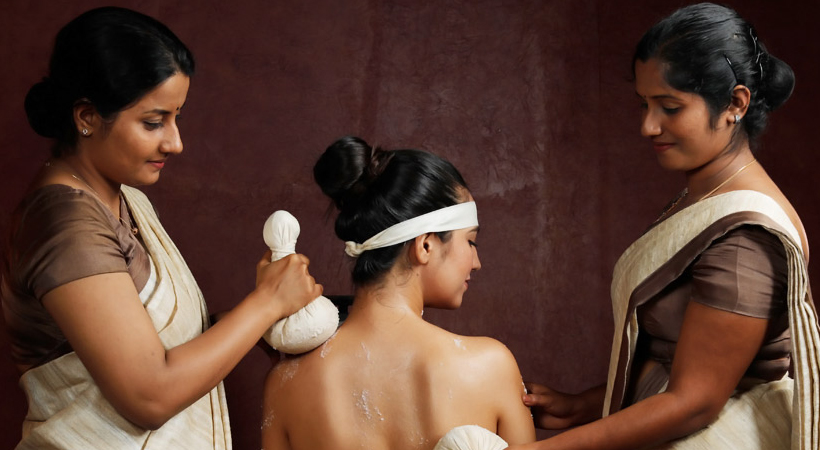How God’s Own Country is developing its ayurveda practice to enhance Brand Kerala

Kerala’s stock as an important ayurvedic destination has been growing even during the lockdown period induced by the coronavirus pandemic. Ayurveda and related treatments have been essential components of Kerala tourism, making the state a popular tourist spot for travellers across the globe. But with the advent of Covid-19, the travel sector was hit hard, and the industry came to a standstill.
With the passage of time and with lockdown restrictions eased, domestic tourism has started to take some shape and the state’s handling of the pandemic is expected to build confidence among travellers. Ayurveda is the extra dimension that Kerala is highlighting to attract tourists and is steadily putting together a plan.
For the past three months, Kerala has been looking to improve the immunity of people by actively spreading the message regarding the importance of ayurveda. Ayurveda clinics have been set up across the state to enhance immunity and prevent diseases, with Chief Minister Pinarayi Vijayan inaugurating the Ayur Shield – an umbrella body for ayurveda immunity clinics earlier this month. Dr P M Varier, convenor, CII Ayurveda Panel and chief physician of Arya Vaidyasala, Kottakal, is the driving force behind the project.
Besides this, an ayurvedic fumigant developed by the state government-owned Oushadhi has become popular as well. A key ingredient in the kit being distributed by the state’s Covid response cell, the Aparajitha Dhooma Choornam, has fetched a new market for it, due to its anti-microbial properties. Oushadhi — the ayurvedic medicine manufacturing unit — had recently recommended to the Ayush Ministry to use the fumigant in isolation wards and quarantine centres. Oushadi has supplied around 500kg of the fumigant to the state government to disinfect government offices and premises.
In April, the state government had released an ayurveda action plan, which talked about introducing a series of lifestyle changes among its people. The plan was based on the note released by National Centre for Biotechnology Information (NCBI), with the title ‘COVID-19 pandemic: A pragmatic plan for ayurveda intervention’. The note spoke in detail about ayurveda having enough potential to be employed for prevention of Covid-19. It is pertinent to reiterate that participation of ayurveda in addressing the Covid-19 challenge in India, should not remain limited and seen as an extension of healthcare services and support to the bio-medical system, the note said.
Indeed, with adequate data emerging from ayurvedic implementation, important lessons and research directions are likely to surface about the management of increasingly frequent and virulent communicable diseases. Implementation of proposed action is likely to provide evidence-based insights strengthening the scope of ayurveda beyond preventive healthcare, the paper added.
Meanwhile, the Council of Scientific & Industrial Research (CSIR) and National Institute for Interdisciplinary Science and Technology (NIIST), Kerala, have together developed two natural products from ayurvedic herbs. A medicated drop for steam inhalation and an alcohol based sanitising gel were the two products developed.
Experts in the field say that ayurveda addresses the therapeutic domain as well, although within an integrative model of care. India is the country where the world’s oldest living health care system originated, the say. China has expertly used its traditional medicines over the years and it is probably India’s turn now to show its traditional healthcare might.
Kerala’s method of developing ayurveda as a supplementary stream of medicine aimed at improving immunity of its citizens, will go a long way in ensuring tourists return to the state in large numbers. The focus is now on safe travel with the impetus on health and hygiene.
The state had garnered revenues of Rs 45,000 crore from the tourism sector in 2019.






